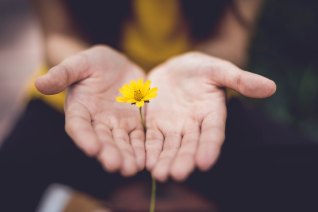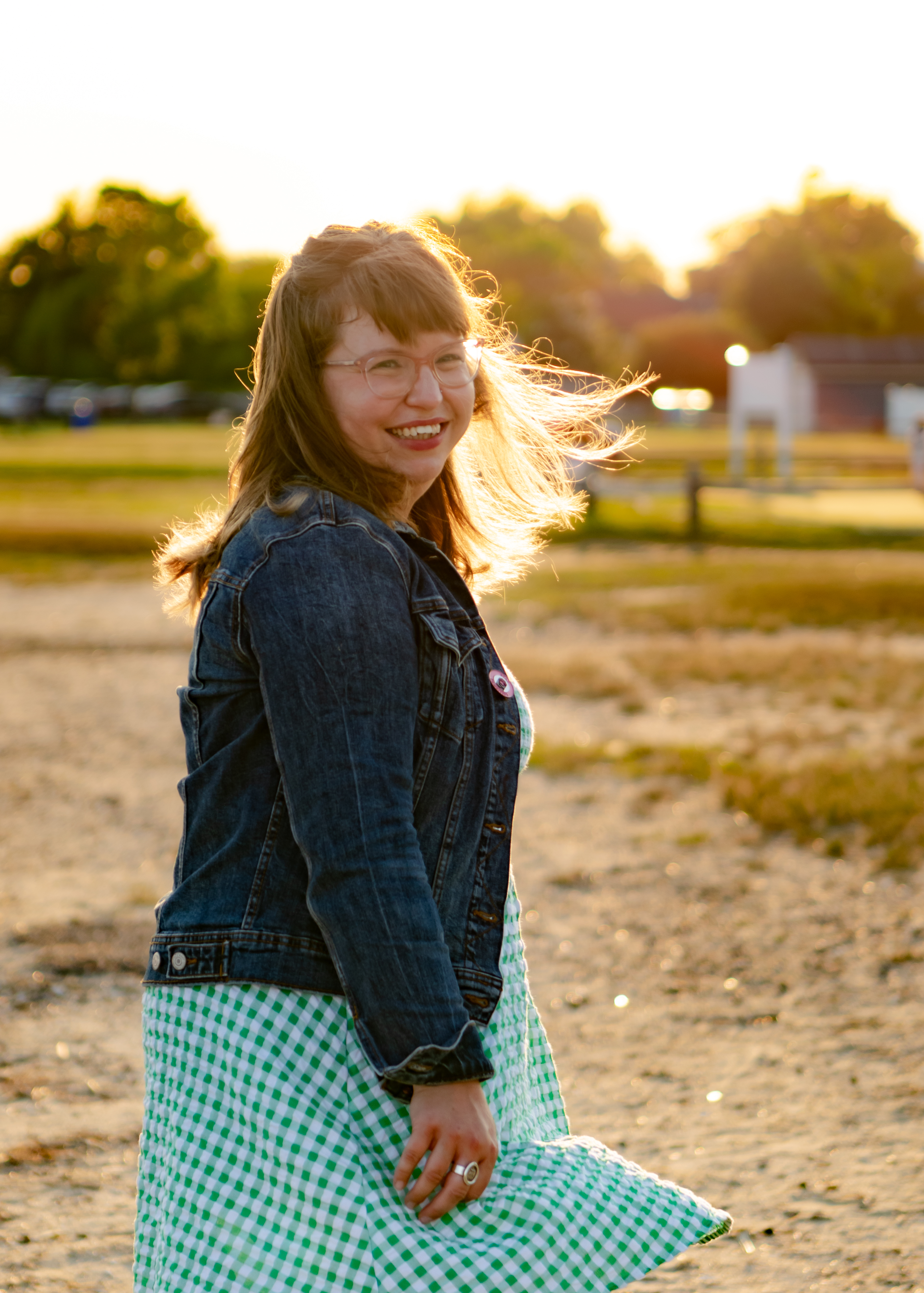
Forgiveness is giving up all hope of having had a better past.
—Don Felt
There are people I’ve been trying to forgive for years. How do you forgive someone who’s died, for example? How do you forgive when the scars of a hurt are ones you reckon with daily? Even when I sit down to write, I’m up against the forces that saw my thinking and my creativity as a threat, as something to be tamped down rather than lifted up. When I can forget about those forces, writing is a joy; when they are louder or more forceful than usual, and I have to sit with them for a while, writing is painful, then slowly an act of rebellion that sometimes feels satisfying but just as often feels petulant and insignificant.
So here we are, two weeks after Easter, and we are talking about forgiveness. Two weeks after Jesus rose from the dead, as Jesus is walking around with the marks of crucifixion still on his body, and we return to the words he did not take back after his violent execution. “How often should I forgive my brother?” Peter, ever the asking-for-a-friend type, inquires, and Jesus answers, “Not seven times, but seventy times seven.”
Forgiveness, in terms of giving up all hope of having had a better past, is even more expansive than forgiving your most annoying disciple four hundred and ninety times. Donna offered a few different perspectives on it today in terms of what it would be like to treat prisoners more humanely in the criminal justice system, or what it would be like to rehabilitate priests who abused children. Forgiveness, she said, is about “a return to humanity,” not, in the case of abusive priests especially, a “return to authority.”
When we are asked to forgive people who have hurt us personally, this might be a useful heuristic. Can I return this person to humanity in my heart—can I stop seeing them as the avatar of my anger and pain, as the target of my efforts at vengeance—without giving them the authority to hurt me again? What does that look like? It might mean that the role this person once played is one they can never inhabit again, because it was a role that gave them the space to hurt you. And if we are to forgive over and over again, this is especially important, because we do not want to let ourselves be hurt over and over again.
This is not goody-two-shoes or sentimental, by the way. To return someone to humanity without returning them to authority takes strong boundaries. It’s probably easier, in some ways, to let someone walk back into the same place as the one from which they hurt you; easier, too, to go too far in the other direction, hurl someone into the darkness of solitary confinement. What’s difficult is to position yourself, and them, differently, in a place that protects the both of you and honors both of your humanities.
For me, when I write, it’s returning those people to a place where they can’t hurt me—a safe, faraway place, where they can think what they want, but a place where I can’t hear them. It’s turning up the gentle, encouraging voices. That gives me enough space to honor my humanity, and that of the encouraging voices, and even that of the not-so-encouraging voices. They can be free, but not in my head. They have to go somewhere else.
As I bounced around the Internet, getting ready to write this post, I came across this lovely Mary Oliver poem, “A Settlement”:
Look, it’s spring. And last year’s loose dust has turned into this soft willingness. The wind-flowers have come up trembling, slowly the brackens are up-lifting their curvaceous and pale bodies. The thrushes have come home, none less than filled with mystery, sorrow, happiness, music, ambition.
And I am walking out into all of this with nowhere to go and no task undertaken but to turn the pages of this beautiful world over and over, in the world of my mind.
* * *
Therefore, dark past,
I’m about to do it.
I’m about to forgive you
for everything.
Maybe the season of spring, of resurrection, makes these thoughts easier. Maybe being reminded, paradoxically (again!), of Jesus’s death, of seeing how he returned to forgive even his own death, but not until he was in a position where he could not be hurt again, gives us another model for going forward. Maybe our only task is to figure out the same for ourselves.
